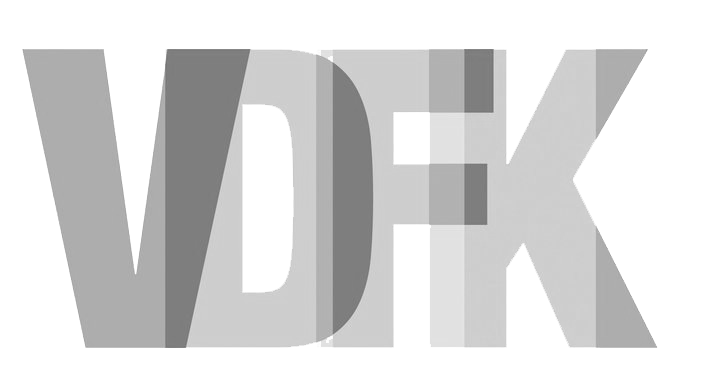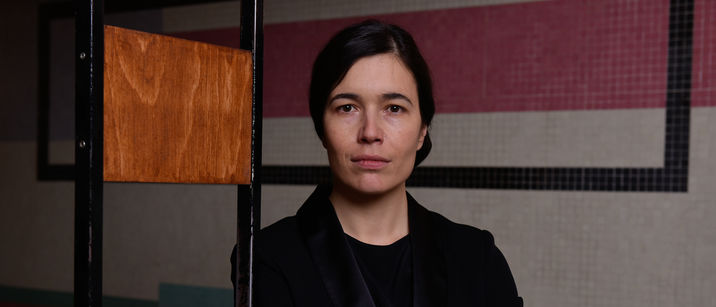Blog #8/18 – Cinema & Exploration
What is it with festivals and film critics? To shed light on the multifaceted relationship between the two, Berlin Critics’ Week programmer Dennis Vetter got together with upcoming Viennale director Eva Sangiorgi. They discussed her experiences with film criticism in the context of FICUNAM, the festival she launched a decade ago in Mexico.
Dennis Vetter: What is the relationship of FICUNAM, the film festival you created in 2010, to film criticism?
Eva Sangiorgi: FICUNAM is very interested in film criticism. First in the sense that a program has a lot to do with words and narratives. Film critic Roger Koza is a programmer at the festival. And the annual catalogue of FICUNAM is created with a lot of attention for how to write about the films. We try not to use the classical film catalogue formats, but a firm approach to film presentation including extended descriptions of the programs. This links us to many young critics in Mexico who are also trying to explore how films are “written” in cinematographic terms, in terms of their cinematographic form. This is the essential thing.
And there are also more practical links: in Mexico, in particular, there is not exactly a big scene for film criticism. Because there is almost no space in printed newspapers, we have been trying to build up our own space for criticism. This space is called “Permanent Film Criticism Forum.” And exactly that is the idea: to create a gathering of international film critics, and to stimulate the situation in Mexico. A space to think and to talk about films, topics and tendencies in contemporary film production.
Which tendencies of film criticism did you experience at the festival?
In Mexico we can see two generations of critics. There is an old school which is more focussed on to traditional and powerful festivals like Guadalajara – which is the ancient one – or Morelia, so on Latin American production and especially in Mexican production. There are some interesting voices in this generation, but many of them feel closer to the style of newsreels than to film criticism.
On the other side there is a new generation, a very young generation. I felt how this generation has been growing up together with our festival. They are writing and producing a lot. And they create not only criticism but also some more extensive writing connected to other discipline– philosophy in particular. And they are publishing online, on a couple of very interesting sites. Many of them also have a strong interest in local productions, of course, but they consider and discuss them from a more international point of view. And they are very captivated from what is happening elsewhere.
Can you elaborate on the curatorial position of FICUNAM?
Earlier I mentioned narratives. There are also internal narratives. We are trying to build up our own narrative in the sense that we want to have coherence throughout the years. That means also to support directors through their different works – even when they have little flaws – in case they are working in a particular direction we believe in or defend the exploration of the language of cinema. This is one narrative we are building up. Then through the programming itself we are creating conversations between films, and echoes within the selection. This is one major aspect of creating a selection. Even when these connections come up spontaneously, at the end you can see them. Especially when the selection is not so big.
So there is also a critical dimension of programming?
Yes, of course! I believe in this critical potential in the sense that every selection is political when you work in culture. I definitely believe that aesthetics and politics are deeply connected in many ways. Something considered only from an aesthetical angle also has a social, cultural or political relevance. Even if I am not a critic, I think that I look at films like a critic, when I program them. It is a similar approach.
You are originally from Italy. Which differences did you experience between Europe and Mexico in the fields of criticism and programming?
In comparison to Europe the cultural landscape in Mexico feels particularly rich and much more free. This affects both the people who write and those who program or work in culture. There are a lot of possibilities and options which don’t exist in Europe any more, or are less accessible.
I arrived in Mexico 15 years ago. Back then I could find less than 20 festivals in the entire country. It was easy to start doing things, especially in Mexico City – which is very different from the rest of the country. FICUNAM was created 8 years ago. At that time there were already more than 100 festivals around, but none of them was similar to what we had in mind. For the critics the situation was similar. Due to digital media the new generation faces an open space of experimentation. They can make mistakes and discoveries, they are very free. In Europe this is different. There everything seems much more serious and challenging – and maybe more demanding.
Did the film critics in Mexico challenge you and the concept of FICUNAM?
Some attacked us for being too pretentious, too intellectual. I don’t mind. It’s true, the festival is challenging and I want it to be like this. It is a demanding program. There are people who wouldn’t like this. That’s perfect. The point is that I had the support of the university that is a big institution here. They do a lot of research and have high aspirations in every field. And this is mirrored in the cinema and the festival: a project of exploration.

